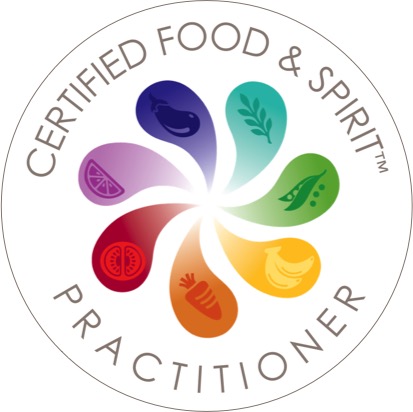The Digestive Detective: Chew on this!
Digestion is critical for overall health. Our immune system and our ability to absorb nutrients all depend on a top notch digestive system.
One of the easiest improvements you can make you can start immediately with the next bite that you take - chew your food! Due to our fast paced lives we tend to spend little time chewing the foods we eat, instead we shovel the food in barely sensing its presence let alone think about what we are eating or listening to our body's response to it.
I am guilty of this myself and have been trying to focus on the second stage of digestion - chewing. (Later in the Digestion Detectives series I will go over the other stages, with the first being mental!)
Some quick tips to get you on the way to proper mastication are:
Chew 20 times per bite. This gives us ability to enjoy food as well as to feel satiated without over eating (win win!)
Cover your plate with your hands in between bites. This serves as a gentle reminder to chew. Another good practice is putting down your fork in between bites.
Slow down the pace of eating. Even if you only have 5 minutes for a quick bite to eat, throwing a combo #5 down your throat chased with a diet Coke may not be the best option. For many reasons.
If you cannot taste or feel what you eating then you are eating too fast. Slow down you pace. If you are eating a hand-held item try eating it with a fork and knife, or putting it down completely in between bites.
BONUS:
Eat your greens instead of drinking them
Drinking a mass volume of shredded greens ala the morning smoothie, while a good start on the path of adding more plants into the diet, has a draw back of digesting much quicker and tending to be higher in calories and sugars than we may realize. Chewing you greens allows you to connect with the foods you are eating!














0 comments: